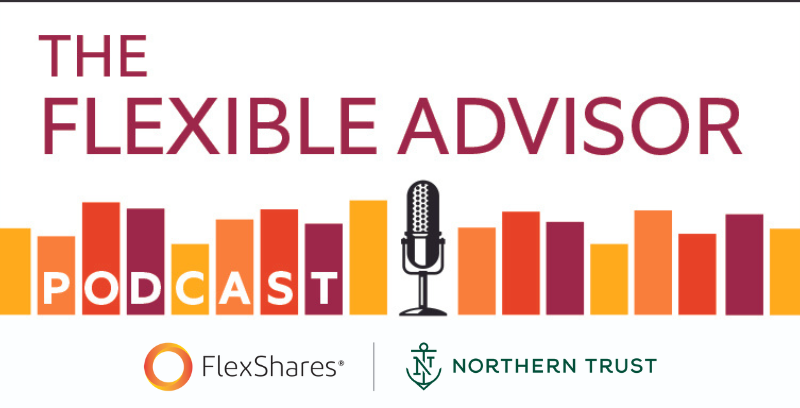
Healthcare And Financial Planning – With Christine Simone (Ep. 106)
Understanding the variety of healthcare plans available to consumers, the nuances of cost and coverage, and Medicare’s inexplicable geographic variations, is no small feat. Yet, when it comes to estimating healthcare expenses, advisors have had few, if any, solutions at their disposal.
In this episode, Laura Gregg and David Partain talk with Christine Simone, CEO of Caribou Wealth, about the challenge of integrating healthcare costs into a holistic financial plan as well as new resources and support available to advisors.
Christine discusses:
- The growing need to integrate healthcare into the planning process
- Optimizing key milestones to address clients’ evolving healthcare concerns
- Opportunities to engage the next generation in the healthcare conversation
- Healthcare planning as a differentiator in the advisory marketplace
- A new tool to identify optimal health insurance options
- And more
Resources:
- Northern Trust Asset Management
- FlexShares Exchange Traded Funds
- WealthManagement.com’s Ten to Watch in 2024
Connect With Christine Simone:
Connect With Laura Gregg:
Connect With David Partain:
About Our Guest:
Although she’s years away from her own retirement, Christine Simone is obsessed with helping current and future retirees plan for and optimize their healthcare costs. She’s held notable leadership positions within the healthcare industry working with key stakeholders from payers to providers to the Department of Veterans Affairs. Now, Christine is the CEO of Caribou Wealth, a software solution for the finance industry.
Podcast: Play in new window | Download | Embed
Subscribe: Spotify | iHeartRadio | TuneIn | RSS | More
